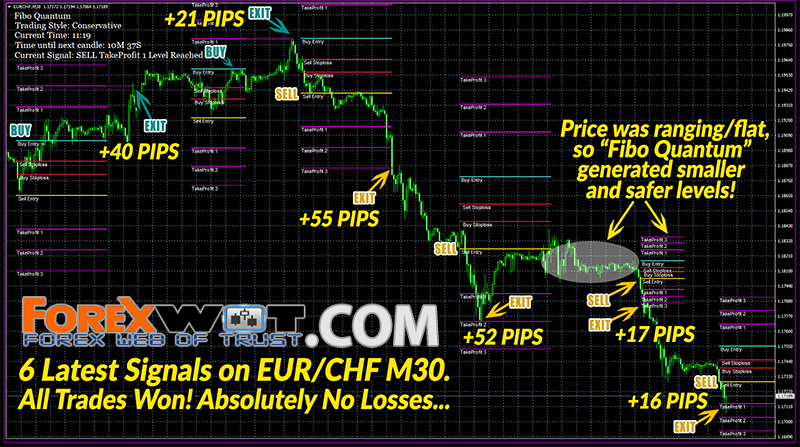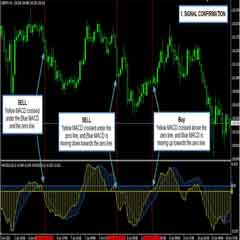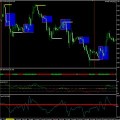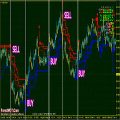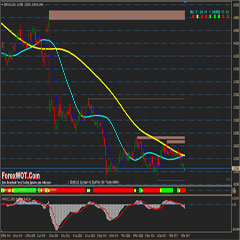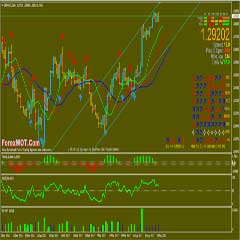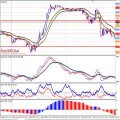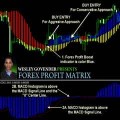Best Filter System for Trend Following Trading – Moving average convergence divergence (MACD) is a trend-following momentum indicator that shows the relationship between two moving averages of prices.
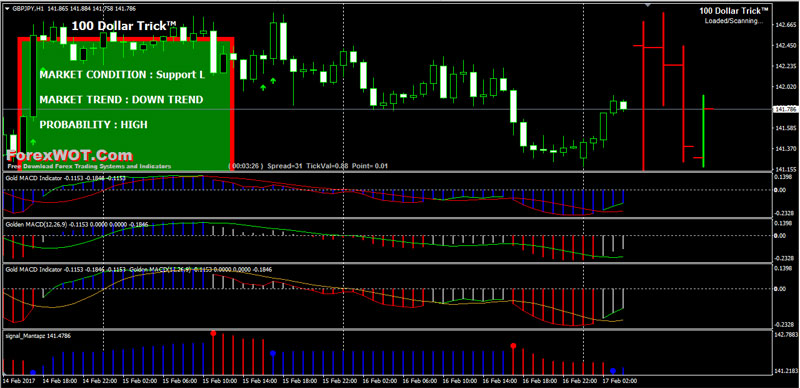
The MACD is calculated by subtracting the 26-day exponential moving average (EMA) from the 12-day EMA. A nine-day EMA of the MACD, called the “signal line”, is then plotted on top of the MACD, functioning as a trigger for buy and sell signals.
There are three common methods used to interpret the MACD:
- MACD Crossovers – As shown in the chart above, when the MACD falls below the signal line, it is a bearish signal, which indicates that it may be time to sell. Conversely, when the MACD rises above the signal line, the indicator gives a bullish signal, which suggests that the price of the asset is likely to experience upward momentum. Many traders wait for a confirmed cross above the signal line before entering into a position to avoid getting getting “faked out” or entering into a position too early, as shown by the first arrow.
- MACD Divergence – When the security price diverges from the MACD. It signals the end of the current trend.
- MACD Dramatic rise – When the MACD rises dramatically – that is, the shorter moving average pulls away from the longer-term moving average – it is a signal that the security is overbought and will soon return to normal levels.
Solid MACD Indicator & Trading Rules
Solid MACD is a suitable system for trading currencies. This strategy can also be used as a good filter system for trend following indicators or momentum arrows. In the picture i show as the MACD golden template filters the momentum arrow and trend arrow.
This template can filter all arrows that you want.
- Best Time frame : 15 min or higher
- Currency pairs: any.
BUY Rules
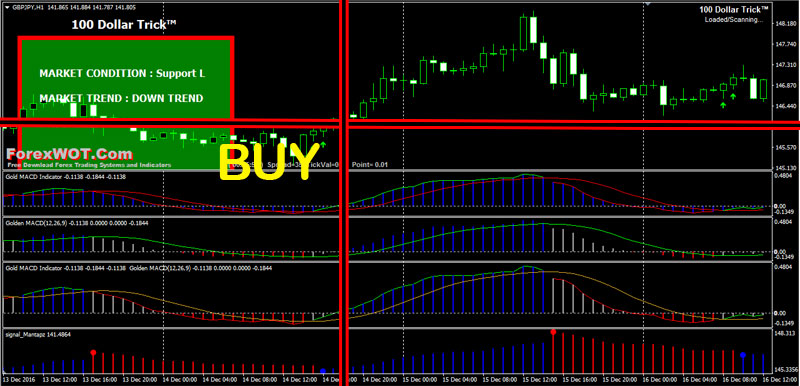
- Gold MACD green line
- Golden MACD Histogram above the line MACD
- Golden MACD + God MACD green line.
SELL Rules
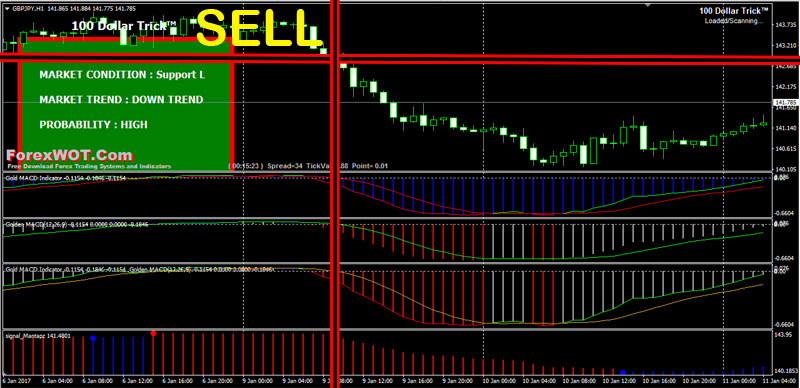
- Gold MACD red line
- Golden MACD Histogram below the line MACD
- Golden MACD + God MACD red line.
Money Management Tips
- Avoid Trading Too Aggressively
Trading too aggressively is perhaps the biggest mistake new traders make.
- Envisage Exit Points Before Entering a Position
Think about what levels you are aiming for on the upside and what loss is sensible to withstand on the downside.
Doing so will help you to maintain your discipline in the heat of the trade.
It will also encourage you to think in terms of risk versus reward.
- Don’t Trade On Tilt
At some point you may suffer a bad loss or burn through a substantial portion of your risk capital.
There is a temptation after a big loss to try and win it all back with the next trade.
But there’s a problem.
Increasing your risk when your risk capital has been stressed, is the worst time to do it.
Instead consider:
…reducing your trading size in a losing streak…
…or taking a break until you can identify a high-probability trade.
Always stay on an even keel – both emotionally and in terms of your position sizes.

